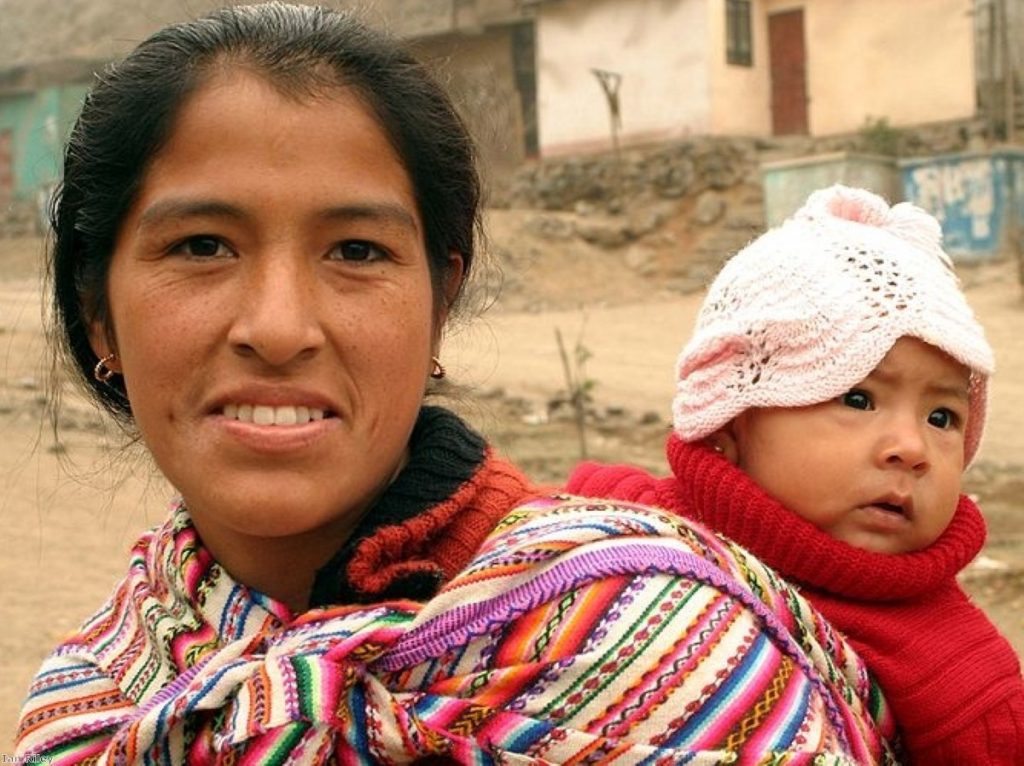Hague signals end to British ‘retreat’ from Latin America
By Ian Dunt
Britain’s historic retreat from Latin America is at an end, the foreign secretary has said.
Delivering the Canning Lecture in central London, William Hague signalled an end to the Britain’s declining diplomatic and trade presence in the region and announced a raft of new ministerial visits.
“We may not have done as well as we could in the recent past, but we offer many of the skills and services Latin America needs in the years ahead,” he said.


“For history teaches us that Britain has a track record of underestimating Latin America and neglecting its opportunities. It is this neglect that the current British government is determined to address.”
At the end of the first world war, half of all foreign investment to Latin America came from Britain, but UK exports currently make up just one per cent of all international exports to the area.
Britain’s historic role in Latin America is far more substantive than most people think.
The country played a leading role in securing independence for many Latin American states. Foreign Office officials have often used Britain and Latin America’s unique relationship with the US as a way of establishing mutually beneficial independent ties.
But there have been problems too, not least of all concerning the region’s anger over the Falklands war, with most countries backing Argentina’s claim to what it calls ‘las Malvinas’.
“It is our intention not to let differences come in the way of closer cooperation,” Mr Hague said today.
“There will be no change to Britain’s longstanding position on the Falkland Islands. But this should not be an obstacle to the positive relations we seek.”
The speech can be seen in the same light as David Cameron’s current trip to China or his previous visit to India. The government is keen to promote its ‘open for business’ agenda, encouraging emerging nations to invest in the UK and ideally set up European headquarters in London.
Vince Cable already led a trade delegation to Brazil, the major economic player in the region. Foreign Office minister Jeremy Browne has visited Chile and Columbia and is set to travel to Mexico, Guatemala and Panama soon. Nick Clegg, deputy prime minster, is leading a ministerial and trade delegation to the region next year.
Mr Hague did not sidestep the human rights concerns raised by activists when UK trade delegations sign deals with authoritarian and sometimes military governments in the region.
Trade unionists in Colombia, for instance, are often the victims of paramilitary violence and rural communities are often as vulnerable to military attack as they are to guerrilla actions.
“We should not gloss over the problems which still mark parts of the region, including poverty, inequality and the serious violence which regional governments are working hard to address,” Mr Hague said.
“The UK will continue to work closely with the government of Colombia to encourage improved human rights in that country.”









